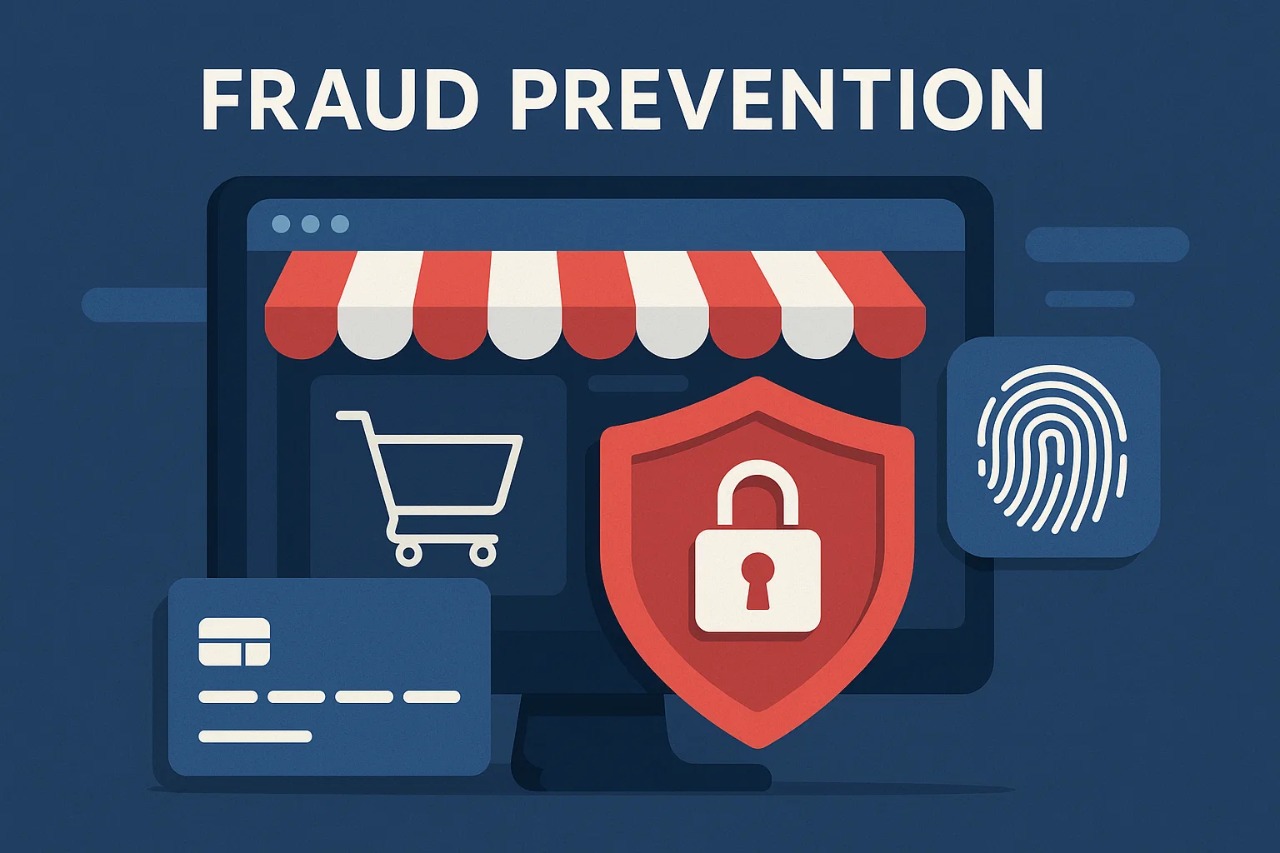disputeresponse Jul/ 2/ 2025 | 0
In the fast-paced world of e-commerce, fraud is an ever-present threat to businesses. For merchants, the consequences of fraud can go beyond just financial loss; it can lead to chargebacks, damaged customer relationships, and a tarnished reputation. As fraud tactics evolve, it is crucial for e-commerce businesses to adopt robust fraud prevention strategies to safeguard their operations and protect their bottom line.
The Growing Threat of Fraud in E-Commerce
E-commerce fraud has become one of the fastest-growing crimes globally. The ease of online transactions and the increase in digital payments have made it easier for fraudsters to exploit vulnerabilities. According to recent reports, U.S. businesses lose billions annually due to fraud-related activities, including chargebacks, account takeovers, and payment fraud. This alarming trend highlights the importance of fraud prevention for e-commerce merchants.
For online merchants, fraud can be more than just a one-time setback. Fraudulent transactions often lead to chargebacks, where merchants must return funds to customers. This, in turn, not only results in lost revenue but also incurs additional fees and administrative costs. More importantly, high chargeback rates can also lead to account closures with payment processors or higher transaction fees, affecting a merchant’s ability to operate.
The Consequences of Ignoring Fraud Prevention
Ignoring fraud prevention can have serious consequences for e-commerce merchants. When a fraudulent transaction goes undetected, merchants face direct financial loss. This includes the cost of the goods, chargeback fees, and other expenses associated with the fraudulent activity. However, the consequences are not limited to financial loss alone.
A high rate of fraud can also impact a merchant’s reputation. In a competitive e-commerce environment, consumers expect their transactions to be secure. If a customer experiences fraud or identity theft while shopping on a site, they are unlikely to return. Negative reviews, chargebacks, and public complaints can quickly damage a merchant’s reputation, reducing customer trust and sales.
How Fraud Prevention Protects Your E-Commerce Business
Implementing a fraud prevention strategy is not just about avoiding financial losses but also about protecting the future of your e-commerce business. Here’s how a robust fraud prevention system can benefit online merchants:
- Chargeback Reduction: Fraudulent chargebacks are one of the most significant concerns for e-commerce merchants. By adopting proactive fraud prevention solutions, you can detect suspicious transactions before they are processed and prevent chargebacks from occurring.
- Financial Loss Prevention: Detecting and preventing fraudulent transactions before they are processed protects your business from the risk of losing revenue. Fraud prevention tools can identify patterns in transaction data, flagging high-risk activities that may otherwise go unnoticed.
- Enhanced Customer Trust: Customers are more likely to trust e-commerce businesses that prioritize data protection and offer a secure shopping experience. By investing in fraud prevention tools, merchants can foster long-term relationships with customers, which in turn boosts customer retention and loyalty.
Effective Fraud Prevention Strategies for E-Commerce Merchants
To effectively protect your e-commerce business from fraud, a multi-layered approach is essential. Here are some of the most effective fraud prevention strategies:
- Use of AVS (Address Verification System): AVS helps verify that the billing address provided by the customer matches the one on file with their credit card issuer. This system reduces the likelihood of fraudulent transactions.
- 3D Secure Authentication: By requiring customers to complete additional steps during checkout, such as entering a password or a one-time code, 3D Secure enhances the security of online payments.
- Fraud Detection Tools: Real-time fraud detection software analyzes transaction data to identify potentially fraudulent activities based on specific triggers such as location, IP address, or purchase behavior.
- Secure Payment Gateways: Implementing secure and reputable payment gateways ensures that all payment information is encrypted and protected from theft.
- Continuous Monitoring and Auditing: Regularly monitoring transactions and auditing your processes can help detect emerging fraud trends and adjust your security measures accordingly.
The Role of Dispute Response in Fraud Prevention
Fraud prevention isn’t just about preventing fraudulent transactions—it’s also about managing chargebacks effectively. Dispute Response offers merchants expert services in chargeback management, helping them respond to and resolve disputes quickly and efficiently. By partnering with a chargeback management service, merchants can ensure that chargebacks are minimized, saving time, money, and resources.



